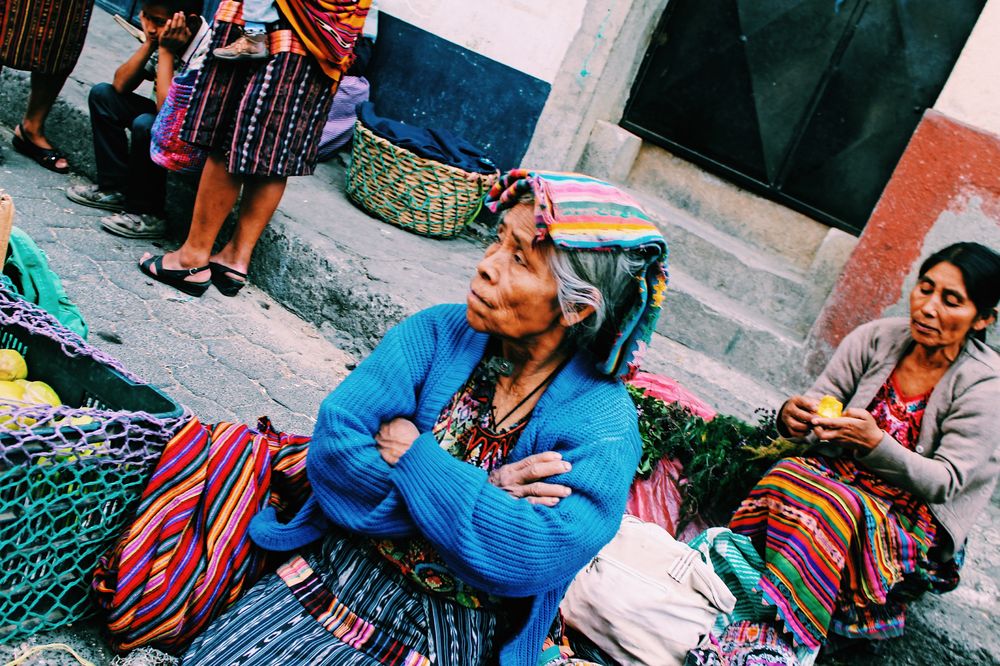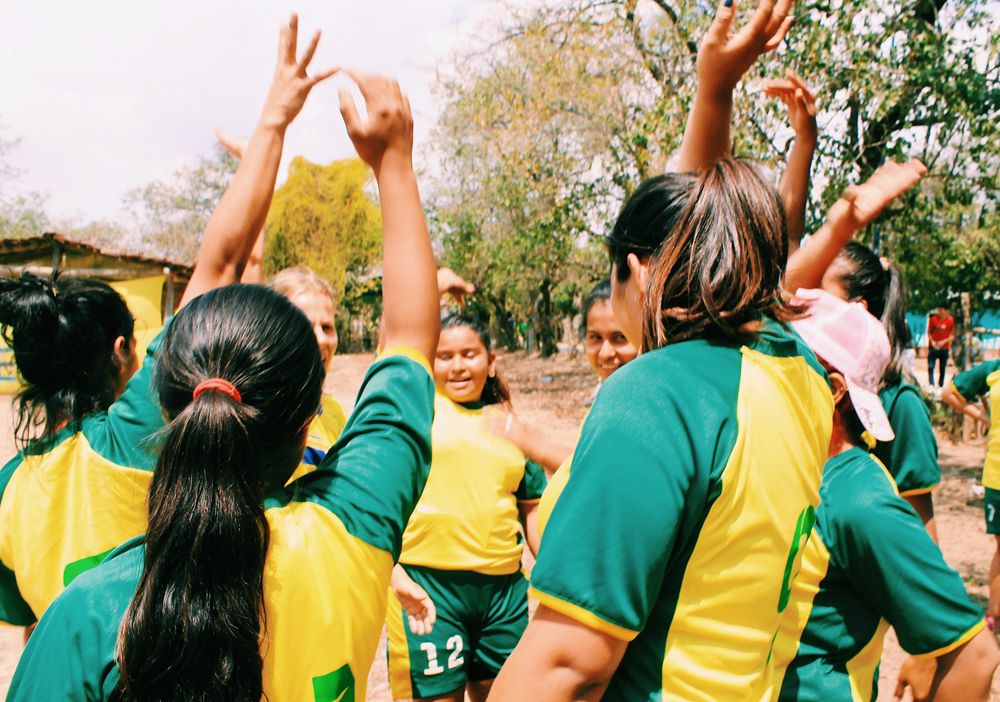Globally, one out of three women will be beaten, coerced into sex or otherwise abused in her lifetime. The perpetrators are close to always men, often husbands or other intimate partners, which makes intimate partner violence one of the most common forms of violence against women.
In high-developed countries it is empirically proved that an increase in labour market opportunities for women reduces their risk of experiencing intimate partner violence. These empirical results goes is in line with the economic bargaining theory. However, when it comes to other societies, especially where patriarchal structures are more present, the singular transformatory power of female economic empowerment is not always that simply put into reality. In traditional societal contexts, where men still see their masculinity as breadwinners of the households, the male-backlash model instead argues that men are likely to compensate a lack of relative income with violence. Which means that the risk of intimate partner violence to occur instead increases with women labour market (or other economic) opportunities.
Earlier this year, I went to El Salvador with an aim to explore and discuss how female economic empowerment affects the extent of exposure of intimate partner violence there, in a context of macho culture. After collecting a survey sample of 312 women and analysing the results I found out that my regression results did not support the economic bargaining study, which I on forehand thought it would do. But women that has an employment and a paid income seem to be significantly more exposed to intimate partner violence in El Salvador, in line with the backlash model.

Nevertheless, I still believe that increased female economic empowerment is a goal to strive for globally. To keep women outside the labour market doesn’t only affect women negatively, but also men, children and societies as a hole. Because when women works, economies grows and when women access to monetary resourses, more children gets educated, which are only two of many major (empirically proven) positive outcomes from increased female economic empowerment. However, and what my study stress else than need of more knowledge and studies in the area, is the importance of providing greater support for women in traditional societal settings. So that all women get personal access to the positive and protective affects that economic empowerment can have on their risk of experiensing intimate partner violence, and/or other types of gender-based violence.
Today is the International day for the Elimination of Violence against Women but we need to shed light on this problem every day. Always seek more knowledge in various settings. Discuss. Educate and share different stories. Take action, break traditional gender norms and empower all children to become who ever they want to be, without forcing them in to feel and act upon traditionally set gender-roles and norms.
Check out some of the institutions and initiatives that are supporting and working for what's fair, no matter where women are in the world; UN Women (right now with their Orange the World; #HearMeToo-initiative), Kvinna till Kvinna (hett julklappstips för svenskar: stöd deras fantastiska arbete genom att köpa "KvinnoAgendan"), Women's global empowerment found, Center for reproductive rights, Equally now, Dress for success and Madre - among many else.
For more background information my research is published HERE with a lot of interesting referenses. And can really recommend Jacqui Trues book from 2012, "The political economy of violence against women" which still, 6 years after publishing gives relevant insights to the subject. Also, I would recomend the article by Jana Lenze & Stephan Klasen, 2017. "Does Women’s Labor Force Participation Reduce Domestic Violence? Evidence från Jordan", in Feminist Economics and the one from Lori Heise, Jessie Mbwambo & Seema Vyas, 2015, "Women’s Paid Work and Intimate Partner Violence: Insights from Tanzania", also in Feminist Economics - I think these studies in addition to relevant results together demostrate the complexity of this field of study, with various ways to approach it.
All photos are taken by me. In 1.Guatemala, 2.&6.Nicaragua, 3.&4.El Salvador, 5.Kenya.






